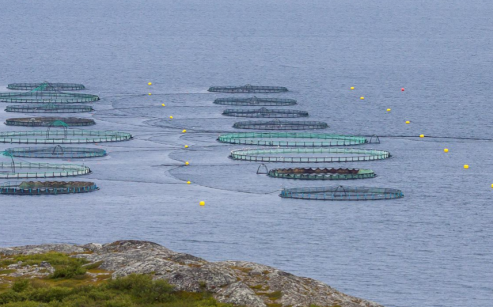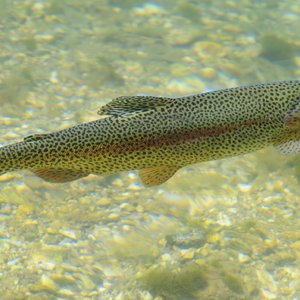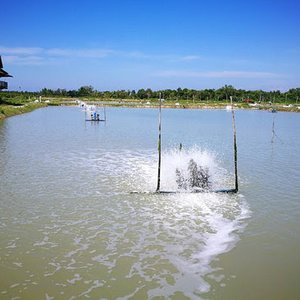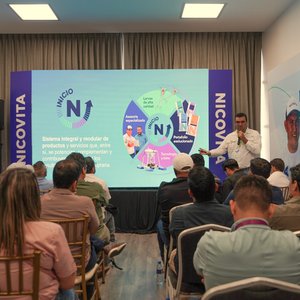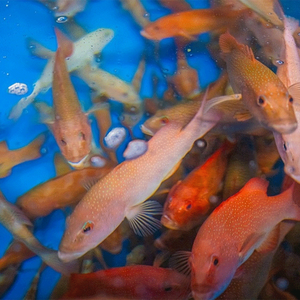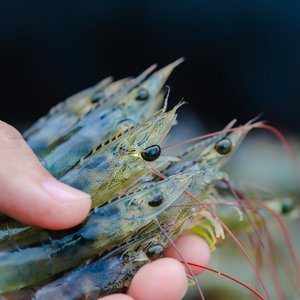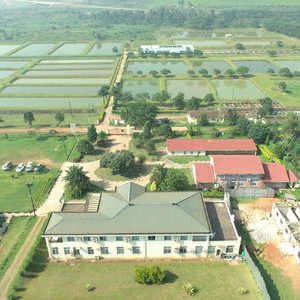A team led by experts from the Roslin Institute in Scotland will be investigating ways to recognize signs of stress in fish and shellfish in a four-year study funded by the European Commission. The project is part of a EUR 6 million series of studies related to improving welfare and sustainability in fish and seafood farming to meet the growing global demand for sustainably farmed quality protein.
The researchers will work to identify and quantify biological signs of exposure to common stresses, such as vaccination and handling, in key Mediterranean fish species looking for bioindicators like stress hormones and other molecules released by fish into their surroundings. The team will seek to understand if these stress responses are inherited, and compare the genetic codes of fish showing different stress responses to identify relevant regions of DNA. They will also use their results to refine methods of testing for stress responses, including physical characteristics linked to resilience.
Their findings will enable ways to identify animals whose DNA indicates that they are resilient to stress, which will aid breeding of fish and shellfish with improved welfare. Moreover, the results will also be useful to support good welfare practices in research involving fish and seafood.
“It is essential that we understand how fish and seafood respond to stress and incorporate the findings in breeding strategies, so that animals may experience good health and welfare within food production systems. Our research should help gain new knowledge of health and welfare and aid the development of non-invasive tools to monitor stress in fish and seafood species,” said Tim Bean, researcher at the Roslin Institute.


